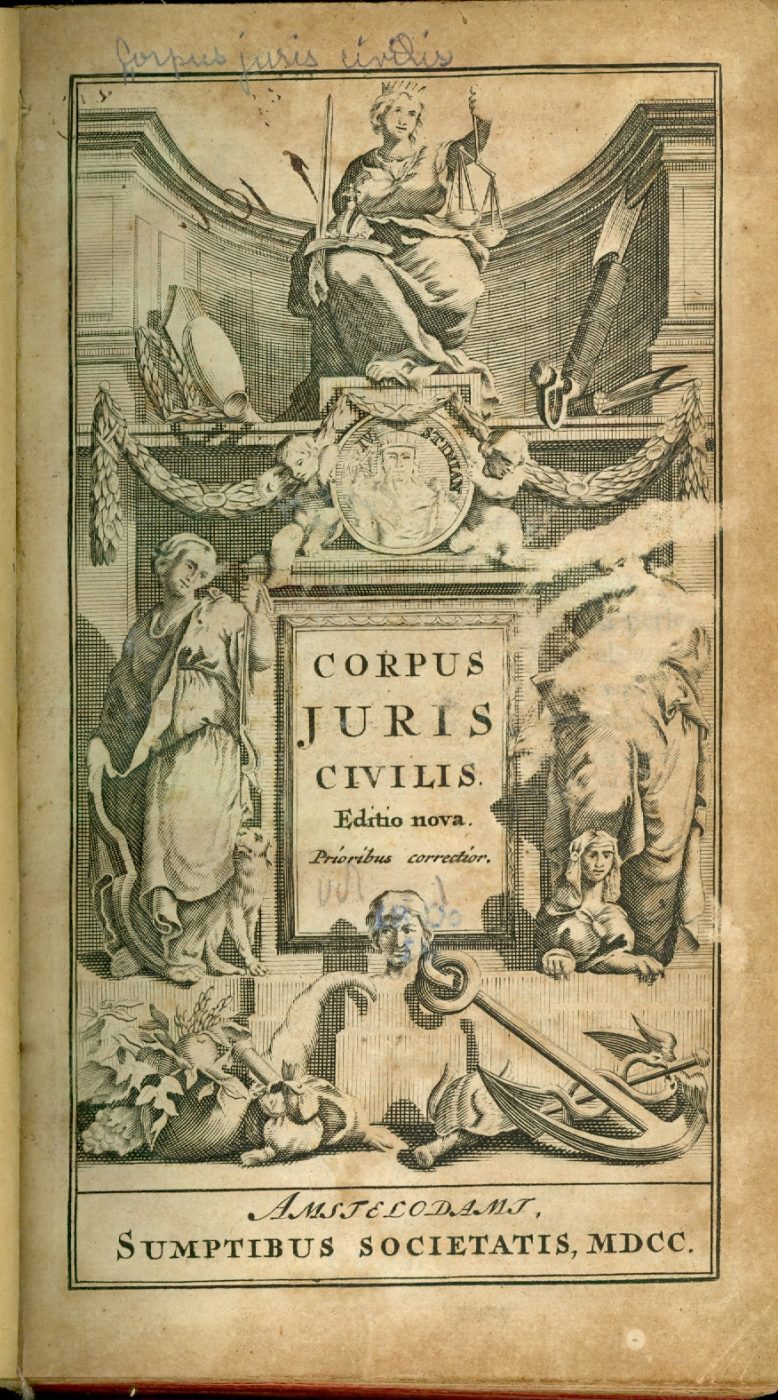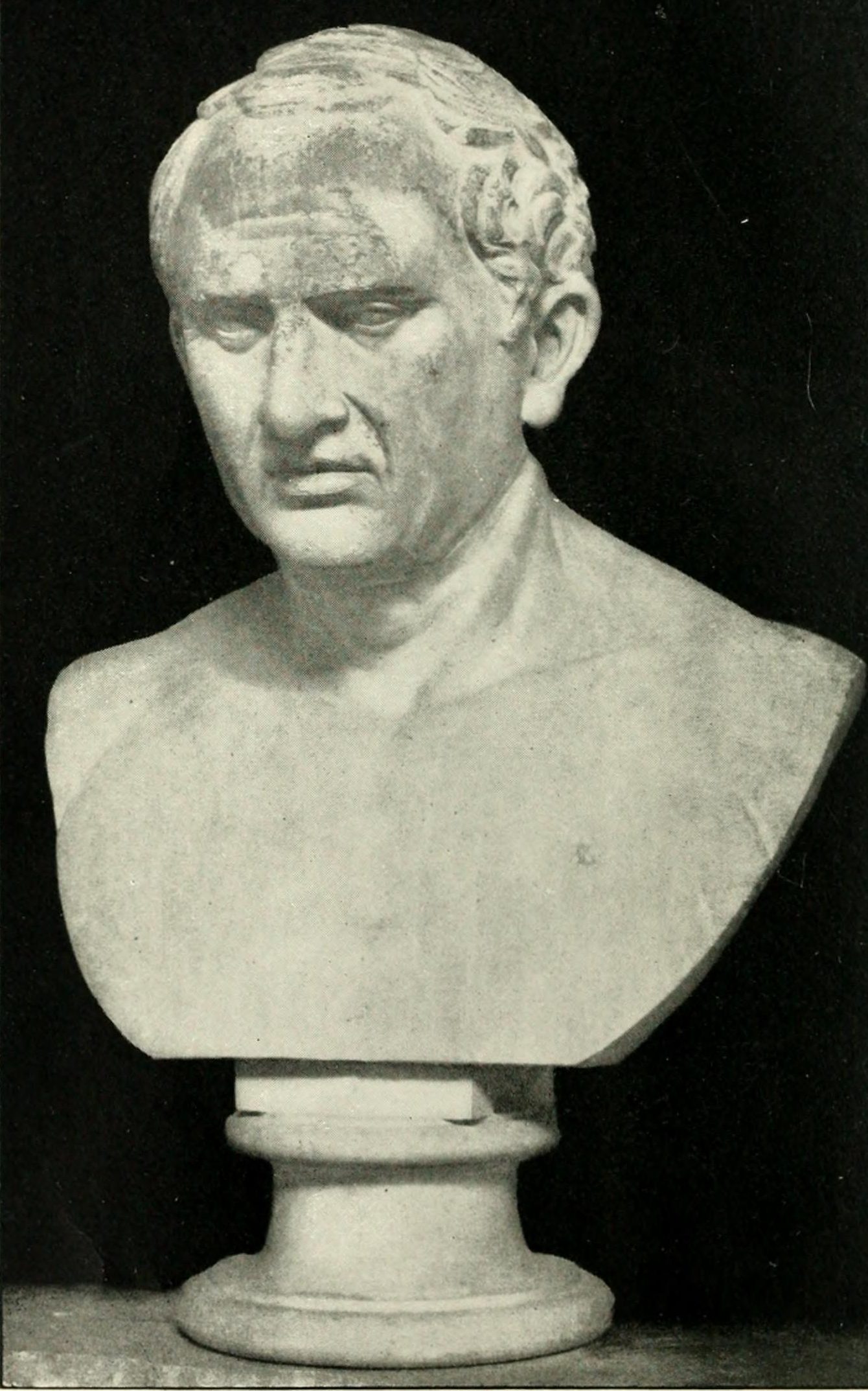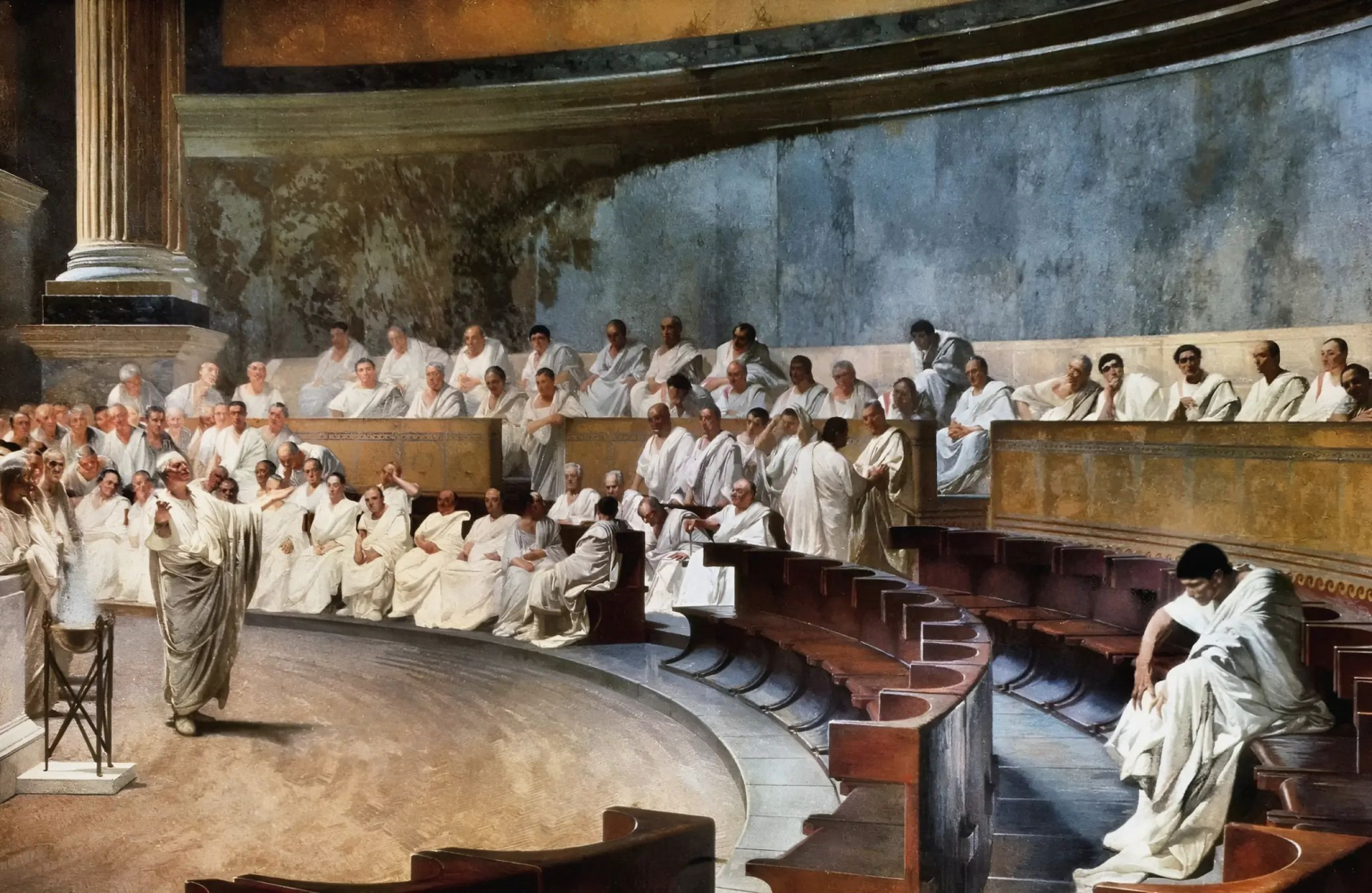The Roman Legal System, a cornerstone of ancient civilization, is a topic that has fascinated historians, legal scholars, and enthusiasts for centuries. Its intricate web of laws, principles, and practices laid the groundwork for many of the legal systems we encounter today, particularly in the West. But like any significant historical phenomenon, the Roman Legal System is not without its controversies. As we delve into this captivating subject, we’ll explore two contrasting perspectives that shed light on its complexities.
Perspective A: Advanced and Foundational for Western Law
The Roman Legal System is often hailed as a beacon of legal advancement. Its most significant contribution, perhaps, is the Corpus Juris Civilis, a compilation of laws and legal principles commissioned by Emperor Justinian in the 6th century AD. This monumental work has been a foundational text for many Western legal systems, influencing the development of legal thought for centuries.
One of the system’s main advantages was its universality. Roman law was designed to be applicable across the vast expanse of the Roman Empire, catering to diverse populations and cultures. This universality made it adaptable, a quality that modern legal systems value.

Attribution: Wikimedia Commons
Furthermore, the Roman approach to jurisprudence emphasized reason and equity. Their legal scholars, or jurisconsults, were revered for their ability to interpret laws based on logic and fairness. This rational approach to law has been a guiding principle in many subsequent legal systems.
However, this perspective is not without challenges. While the Roman Legal System was undoubtedly advanced for its time, it was also a product of its era. Some argue that its principles, though revolutionary then, might seem basic or even outdated when compared to contemporary legal thought.
Perspective B: Often Biased and Serving the Elite
While the Roman Legal System’s contributions to Western law are undeniable, it’s essential to recognize its inherent biases. Critics argue that the system, at its core, was designed to serve the interests of the Roman elite.
Property rights, for instance, were heavily skewed in favor of the wealthy. The Twelve Tables, an early Roman legal code, had provisions that disproportionately favored landowners and the aristocracy. Slavery, a deeply entrenched institution in Roman society, was also legally sanctioned, reflecting the system’s inherent biases.
Moreover, the legal processes were often inaccessible to the average Roman citizen. Legal proceedings were complex, and the services of a jurisconsult were expensive, making justice a privilege of the few rather than a right of the many.
In Conclusion
The Roman Legal System, with its rich tapestry of laws, principles, and practices, is a topic of enduring relevance. On the one hand, it stands as a testament to the legal advancements of ancient Rome, laying the foundation for many Western legal systems. On the other, it serves as a reminder of the biases and inequalities that can be entrenched in legal codes.
The Trial of Gaius Verres: A Glimpse into the Roman Legal System
In the annals of Roman history, the trial of Gaius Verres stands out as a striking example of the Roman Legal System in action, reflecting both its strengths and its inherent biases.
The Backstory
Gaius Verres served as the governor of Sicily from 73-71 BC. During his tenure, he was notorious for his corruption, extortion, and mismanagement. His exploitation of the Sicilian populace was so severe that he was eventually brought to trial in Rome, accused of embezzling public funds and other heinous crimes.
Perspective A: The Power of Roman Prosecution
The prosecution of Verres was led by none other than the famed orator and statesman, Cicero. Cicero’s speeches against Verres, known as the Verrine Orations, are masterpieces of forensic oratory. They meticulously detail Verres’ transgressions, showcasing the Roman Legal System’s ability to hold even the most powerful individuals accountable.
Cicero’s approach was methodical. He gathered evidence, interviewed witnesses, and compiled a damning case against Verres. His orations not only highlighted Verres’ crimes but also underscored the importance of justice and the rule of law in Roman society.
Perspective B: The Biases of the System
However, the trial also exposed the biases within the Roman Legal System. Verres, with his wealth and connections, was able to delay the trial, bribe potential witnesses, and even attempt to manipulate the jury. The very fact that Verres believed he could escape conviction by leveraging his elite status and resources speaks volumes about the system’s inherent inequalities.
Furthermore, Verres’ decision to go into voluntary exile before the trial concluded, effectively admitting guilt, was a tactic to avoid the harshest of penalties. This move was available to him due to his status and wealth, further highlighting the system’s biases.
The Case of Clodia and Marcus Caelius Rufus: Scandal and Justice in Ancient Rome
In the vibrant tapestry of Roman history, the legal battle between Clodia and Marcus Caelius Rufus stands as a testament to the intricacies and drama of the Roman Legal System. This notorious trial, filled with scandal, intrigue, and high-stakes rhetoric, offers a window into both the strengths and weaknesses of Roman jurisprudence.
The Scandalous Affair
Clodia, a member of the powerful Claudii family and often identified with the “Lesbia” of Catullus’s poems, was known for her beauty, wit, and controversial personal life. Marcus Caelius Rufus, a young and ambitious politician, was once her lover. However, their relationship soured, leading to a series of events that would culminate in a dramatic trial in 56 BC.
Perspective A: The Eloquence of Defense
Caelius was accused of attempting to poison Clodia, among other charges. His defense was led by the legendary orator, Cicero. Cicero’s speech, Pro Caelio, is one of his most famous and showcases the Roman Legal System’s emphasis on oratory and rhetoric. Cicero masterfully discredited Clodia’s claims, painting her as a spurned lover seeking revenge. He highlighted the importance of character assessment in Roman trials, arguing that Caelius’s virtues as a Roman citizen outweighed the accusations against him.

Perspective B: The System’s Gender Biases
While Cicero’s defense was undeniably brilliant, it also exposed the gender biases inherent in the Roman Legal System. Clodia’s character was attacked because of her perceived moral lapses, with her sexuality being used against her. The trial became less about the actual charges and more about Clodia’s reputation, reflecting the challenges women faced in seeking justice in a male-dominated system.
1.How did the Roman Legal System handle family law and inheritance?
The Roman Legal System had a comprehensive approach to family law, especially concerning patria potestas (the power of the father). Fathers had significant authority over their children, including decisions about life, marriage, and property. Inheritance was typically passed through the male line, with sons being the primary beneficiaries. However, daughters could inherit if there were no male heirs. Over time, women gained more rights in inheritance matters, reflecting the evolving nature of Roman society.
2. Were there any notable reforms in the Roman Legal System over time?
Yes, the Roman Legal System underwent several reforms. One of the most significant was the Lex Hortensia in 287 BC, which made decisions of the Plebeian Assembly binding on all Roman citizens, reducing the patricians’ dominance. Another notable reform was the introduction of the praetor peregrinus in 242 BC, a magistrate responsible for cases involving foreigners, reflecting Rome’s expanding interactions with other cultures.
3. How did the Roman Legal System influence the development of legal principles like “innocent until proven guilty”?
The principle of “innocent until proven guilty” can trace its roots to Roman jurisprudence. Roman law emphasized the importance of evidence and the accuser’s responsibility to prove the defendant’s guilt. The accused had the right to defend themselves, often through oratory, as seen in the famous trials involving Cicero. This emphasis on evidence-based prosecution and the right to defense laid the groundwork for the “innocent until proven guilty” principle in later legal systems.
4. What role did slaves play in the Roman Legal System?
Slaves in ancient Rome were considered property rather than individuals with rights. However, they played crucial roles in the legal system. They could be witnesses in trials, though their testimonies were often taken under torture, reflecting the biases against them. Emperors like Hadrian and Antoninus Pius introduced reforms that provided some protections for slaves against excessive cruelty, indicating a gradual shift in perceptions over time.
5. How were legal professionals trained in ancient Rome?
Legal professionals, or jurisconsults, in ancient Rome were not trained in formal schools like today. Instead, they learned the law by attaching themselves to experienced jurisconsults, observing their practices, and engaging in discussions about legal principles. Over time, they would gain recognition through their interpretations, writings, and oratory skills. This mentorship-based approach ensured that legal knowledge was passed down through generations.



